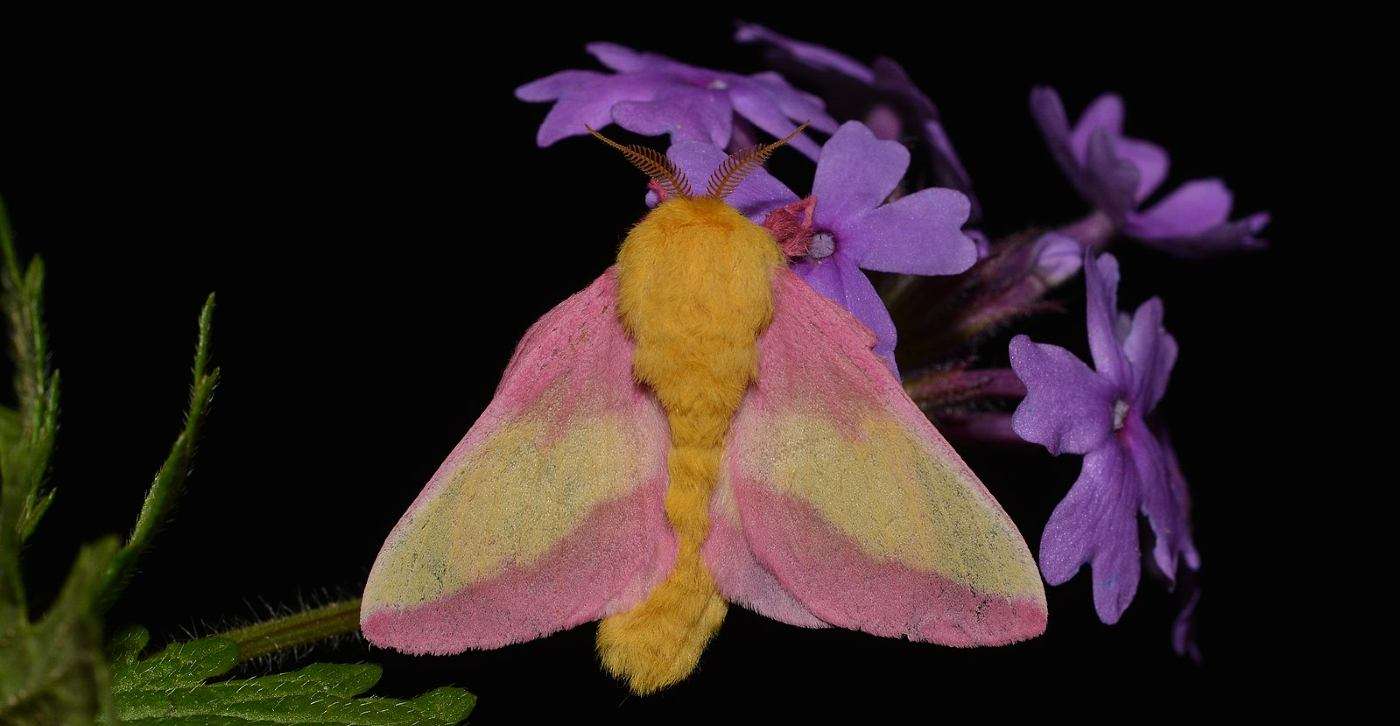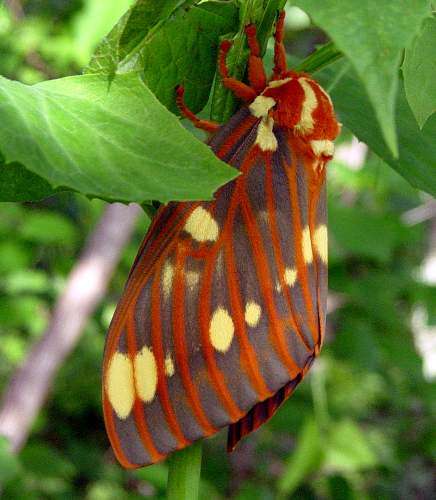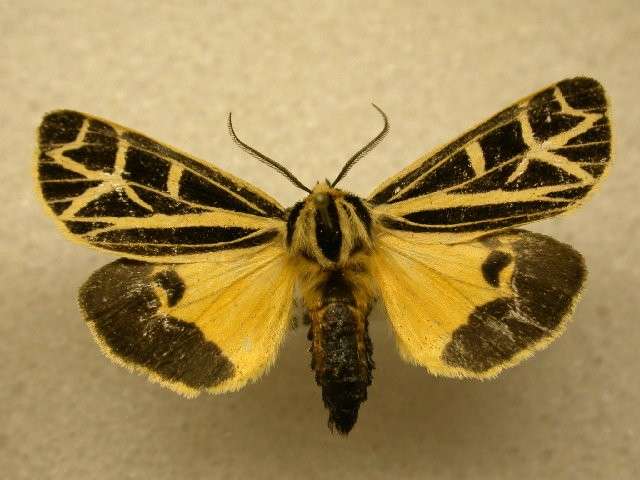Teen Rescues Bumblebee And Now it Won't Leave Her Side -Even Sleeping in a Jar by Her Bed
After rescuing it, Lacey Shillinglaw now has a pet bumblebee that will not leave her, even sleeping by her bedside in England.

A New York photographer acquired a new lease on night in the Catskills during the draconian state lockdowns by suspending a white sheet in her yard illuminated with black lights and waiting to see who shows up.
She is just one of many "moth-ers," enthusiasts of the butterfly's generally nocturnal cousin, that are taking to fields, porches, and patios for National Moth Week—a large citizen science project to catalogue the biodiversity of moths.
During the lockdowns, reports of Americans picking up all manner of curious hobbies while self-isolating were all over the news channels. From trying to replicate their favorite airline dishes, to growing mushrooms inside their coat closet, they kept themselves busy.
Carla Rhodes is no different. With her white sheet and camera, she would stay out to between 1-4 am in the anticipation of seeing beautiful moths in her home of Woodstock, New York.
Falling in love with the pink and yellow fuzz of the rosy maple moth, the moonlight-white wings of the giant leopard moth, all covered in black spots, and the yellow stripes of the Anna tiger moth, there was always the feeling, according to Rhodes, that maybe tonight she would see a new species.
"It blows my mind just knowing that that many creatures come out of nowhere; they're all there just waiting to be seen," Rhodes told Smithsonian who were reporting on her adventures. "I don't think moths are appreciated in the way that they should be."

Rhodes isn't the only one enjoying moths, as the COVID-19 lockdowns brought British moth-ers out in force as well. Butterfly Conservation reports that registered moth sightings rose by a third since the lockdowns began, which for many shires meant first time sightings.
In Cheshire, seven species never before registered in the county were recorded including the light feathered rustic and beautiful marbled moths. Several new species were also sighted in Cornwall, while in Yorkshire alone mothing was 25% more common last year.

Dr. David Roy of UK Center for Ecology and Hydrology stated that "Moths are an integral part of ecosystems and are excellent indicators of biodiversity and quality of habitats. By submitting more records, the public is improving scientists' understanding of the impacts of environmental changes on moth populations and also British wildlife. This then provides the necessary evidence to inform conservation action to protect habitats, and the species they support."

Smithsonian concurs on this point, adding that the more citizen scientists report butterfly sightings the faster policies to protect them can be implemented, and the more effective they'll be.
Spanning from July 17th to the 25th, National Moth Week invites moth-ers and mothing enthusiasts to submit data on sightings to several organizations that gather citizen science data, such as iNaturalist, Field Guide, Nature Share, or the Encyclopedia of Life. Along with providing excellent resources for identifying the fuzzy flyers that show up in your garden, you can register your favorite places aa a mothing site; helpful to scientists for all different reasons.

The organizers also have an events map so you can meet other mothing enthusiasts in your area.
There's no reason to give butterflies all the credit as joy-inducing colorful insects, as in addition to the pollinating services of the moths, their colors are just as bright, you only have to stay out late to see them.
FLUTTER This Story Over to Pals on Social Media…
Be the first to comment